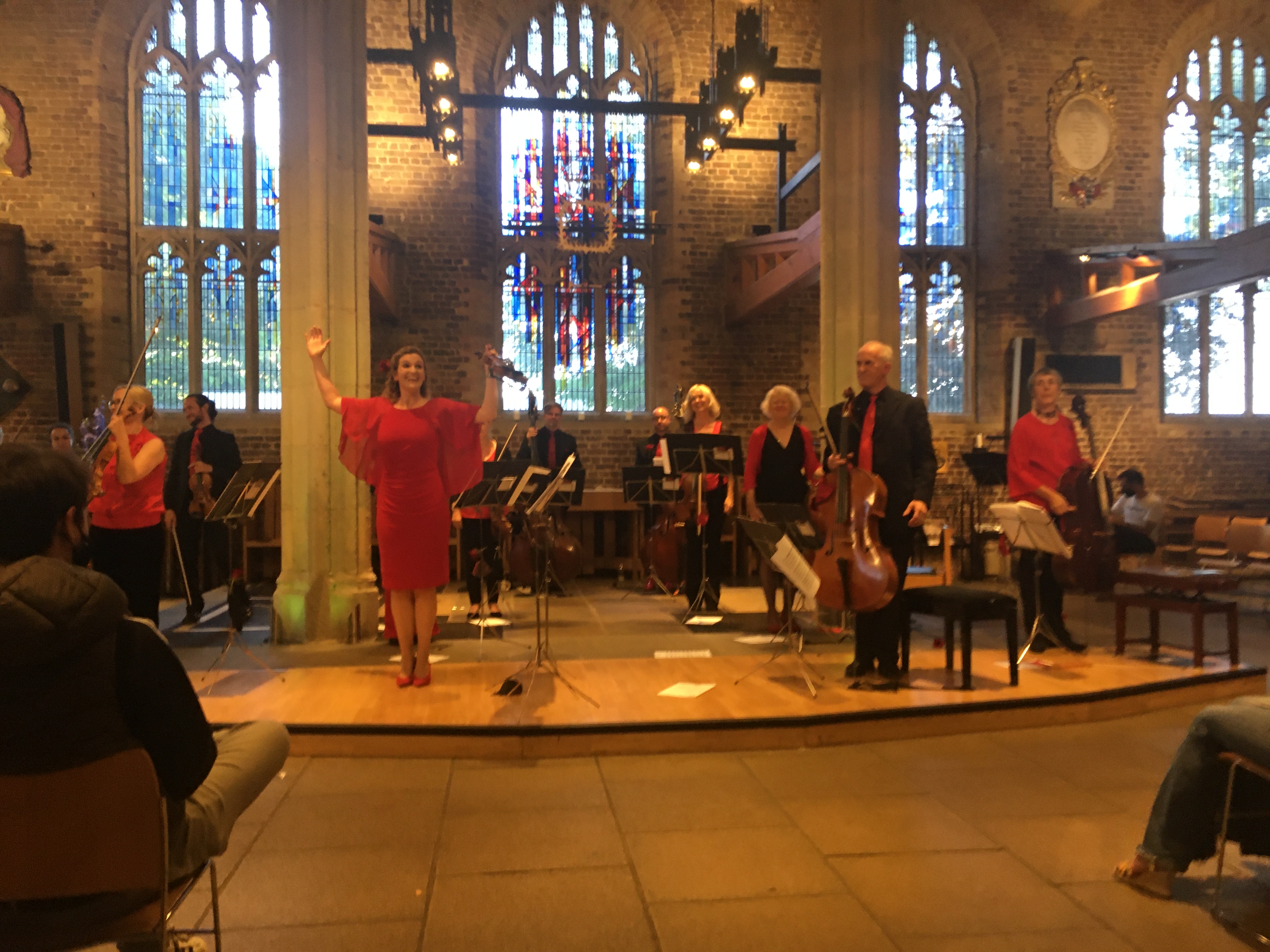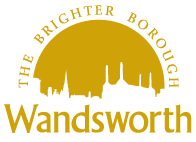WAF Young Reviewer - Fiery passion from one of London’s leading string groups
By Pen Hughes

When the London Mozart Players walked onto the stage in St Mary’s Putney, there was just time to notice their coordinated tango-style red-and-black dress before they launched into Astor Piazzolla’s Libertango, a vibrant soundscape straight from Buenos Aires, complete with unorthodox percussive techniques such as tapping and scratching their string instruments. Despite the complex arrangement and the reverberant acoustic it came across as so well-mixed it could have been a recording. As an opener it set the bar perfectly for the fiery, passionate music that was to come.
This was followed by the ‘Summer’ movement of Piazzolla’s Four Seasons of Buenos Aires, again a vivid portrait of Argentina, with plenty of string percussion. I only discovered afterwards that these embellishments were not part of Piazzolla’s original arrangement but added into Desyatnikov’s string orchestra arrangement - however, live they were so convincing they felt like not just part of the music but its defining characteristic. I wasn’t quite sure about lead violinist Ruth Rogers’ occasional glances around the audience after a particularly difficult passage as if to say “Phew! I know, right?”, rather than trusting the audience to make their own judgement on what’s impressive. However, these moments were few and soon forgotten.
Bartok’s Romanian Dances is among my favourite pieces of classical music because of its unsuppressed joyful energy, and it’s precisely this energy that made it a fitting addition to Saturday’s programme. #3 caught me off-guard with Rogers’ decision to play the main tune completely legato, to the point that I sometimes couldn’t discern a new note from the last, but that’s a matter of personal preference. Apart from this, all seven dances were played with zest.
We then heard Piazzolla’s Grand Tango, featuring principal cellist Sebastian Comberti, and arranged for string orchestra by double bass player David Johnson. Comberti managed some truly fiendish double-stopping passages with apparent ease, and I only wished he could have moved forward a bit to take centre stage, especially considering the rest of the ensemble was following his lead in lieu of a conductor. He also got a chance to showcase some virtuosic passages, alongside Rogers, in ‘Autumn’ of the Four Seasons.
Tchaikovsky’s ‘Waltz’ from Serenade felt slightly out of place to me. While it fit with the concert’s dance theme, it lacked the fire and intensity of the other items. As Rogers said, it’s more similar to the group’s usual material, and they played it with more conviction than the other pieces, but stylistically it stuck out a mile, and I felt the evening wouldn’t have suffered without it.
After ‘Winter’, it was time for Brahms’ Hungarian Dance No. 5, a well-known piece, and it’s here they slightly felt the want of a conductor. The iconic sudden tempo changes weren’t exactly together as they needed to be, and though they performed superbly in all other respects I wondered how much better it could have been if coordinated by a conductor. The group then finished the Seasons with ‘Spring’ before ending the night with Copland’s ‘Hoedown’ from the ballet Rodeo, again performed with the attack and joie de vivre that tied all tonight’s items together. On the whole, I really enjoyed this one-off concert.
- Registrations open for WAF Young Producers, Reviewers & Reporters!
- Join the next generation of Arts Producers, Critics and Reporters
- We Won! Wandsworth is London Borough of Culture 2025
- An Arts Festival of Sanctuary: Free WAF Tickets for Sanctuary Seekers in Wandsworth
- Meet the WAF Associate Producers




